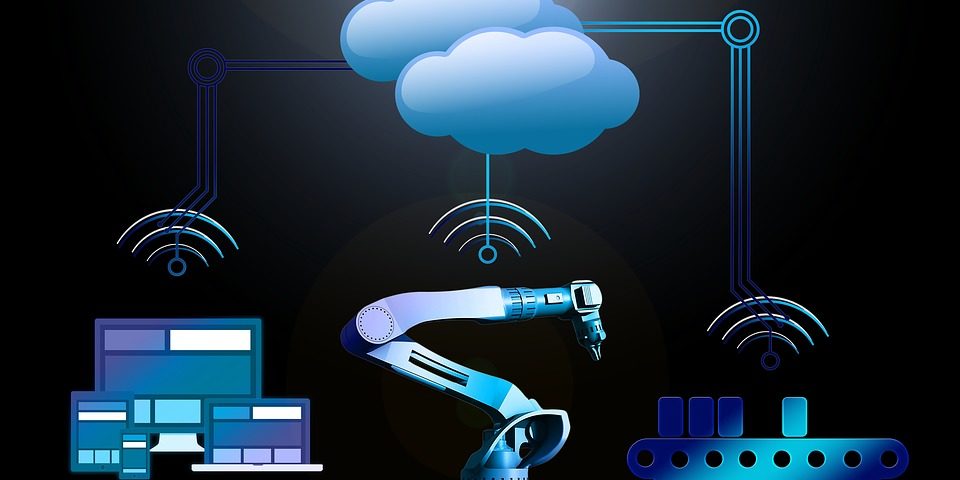
At the beginning of the XXI century the Transport sector is experiencing innovation breakthroughs that are deeply changing manufacturing technologies: both automotive and avionics have seen emerging technologies as Robotics, ICT and Lightweight materials enter their production, requiring new skills and an adequate professional education. The entire planet is under a newly accelerated population growth, a global climate change and only the maturation of innovative high-technologies may provide viable solutions for basic needs such as food, health and a sustainable way of living. Especially microprocessor speed is promising to accelerate innovation and progress, with an exponential rise of artificial intelligence available. This rise brings directly to a fourth industry revolution, after the introduction of mechanical engines, mass production and electronics. The impact of so-called Industry 4.0 is wider than simply ICT, allowing new generation of robots and new materials, a massive increase of data sensoring and elaboration, new ways of machining. The Transport sector will deeply change in both production and distribution of services, improving the resulting environmental footprint and the social license. While the microprocessor speed is still rising, a bottleneck is due to human limit to control it, and after a new generation of voice or eye command, the control will necessarily be mediated by machine, and in the next future by autonomous machine to machine.
Renzo Salimbeni